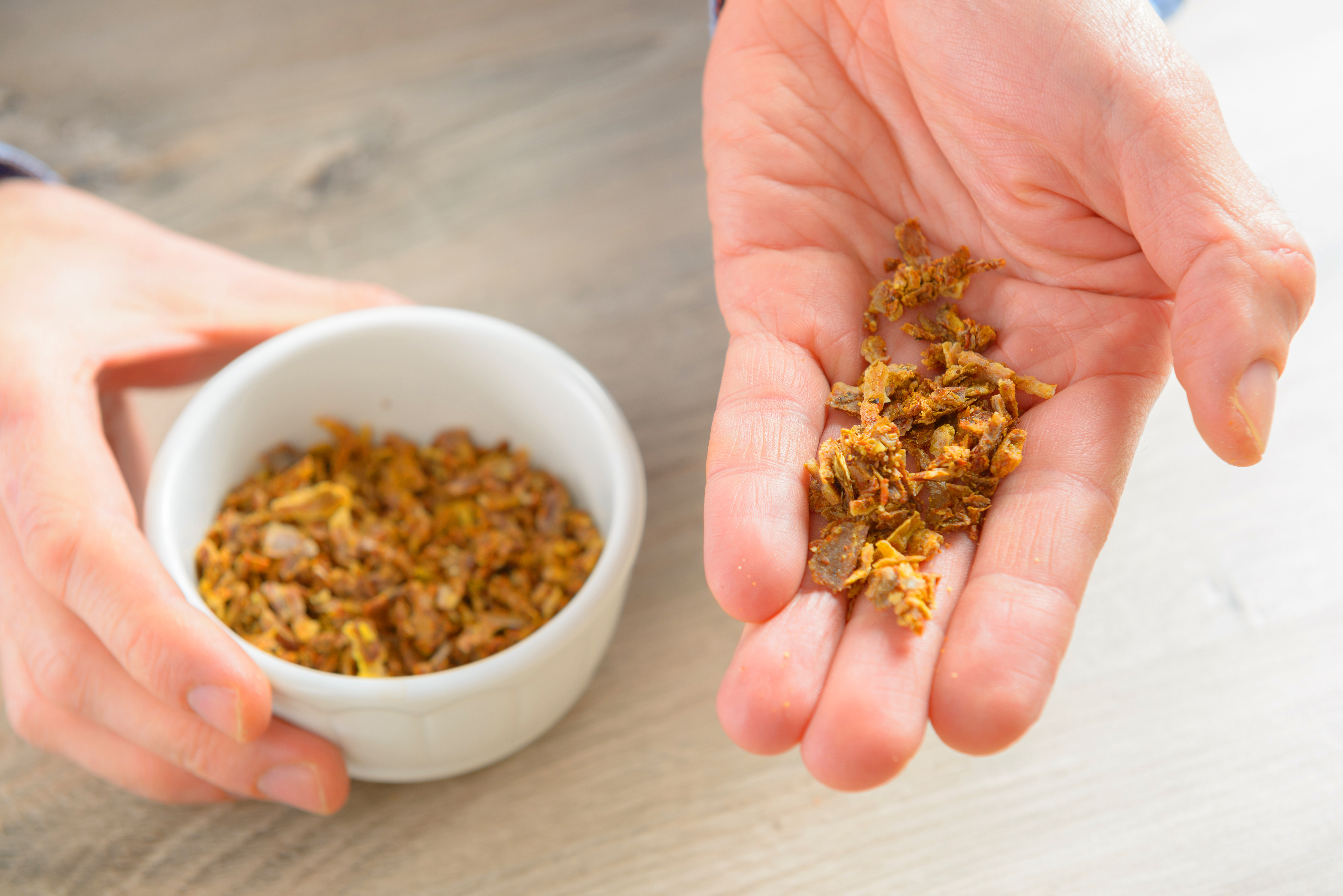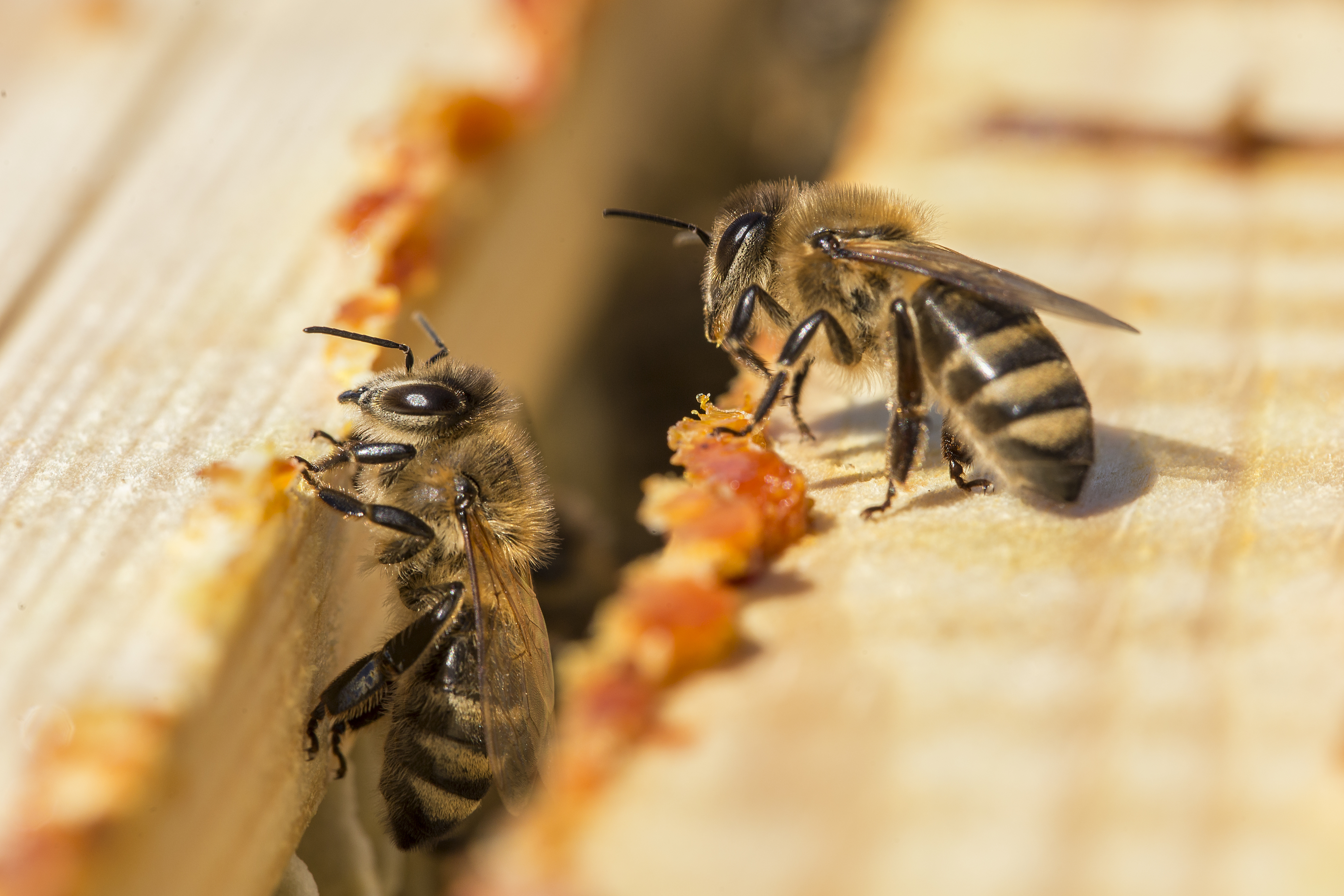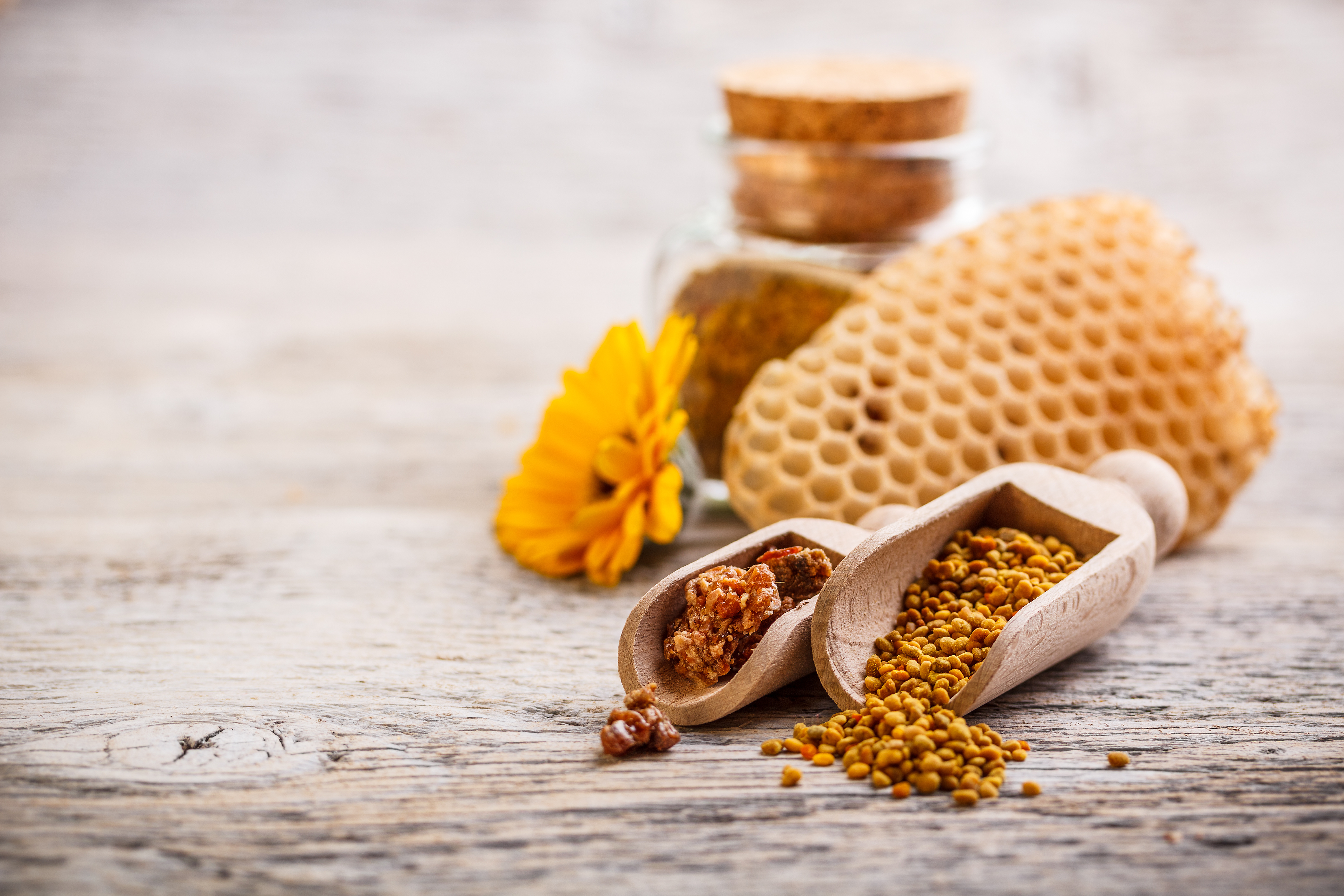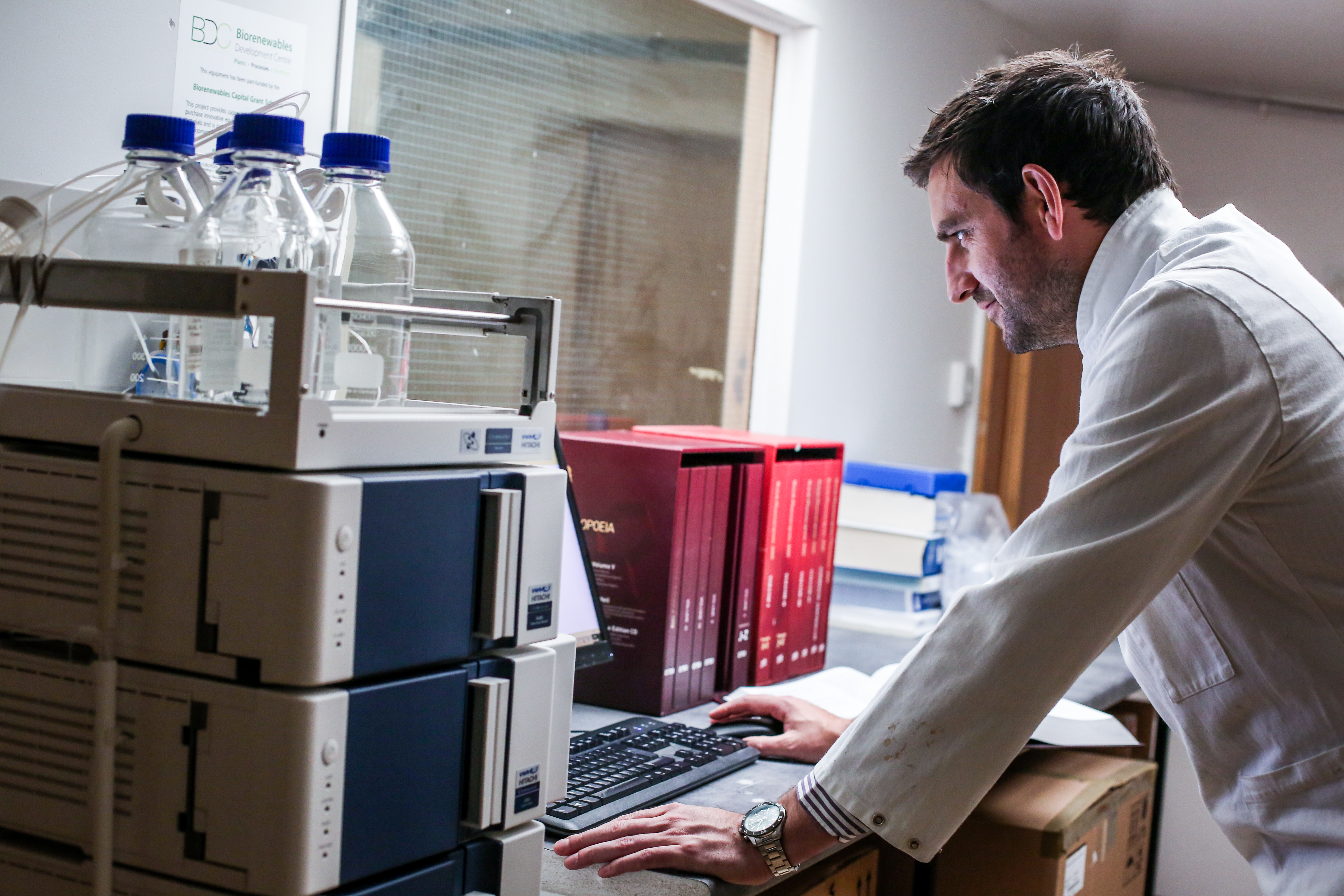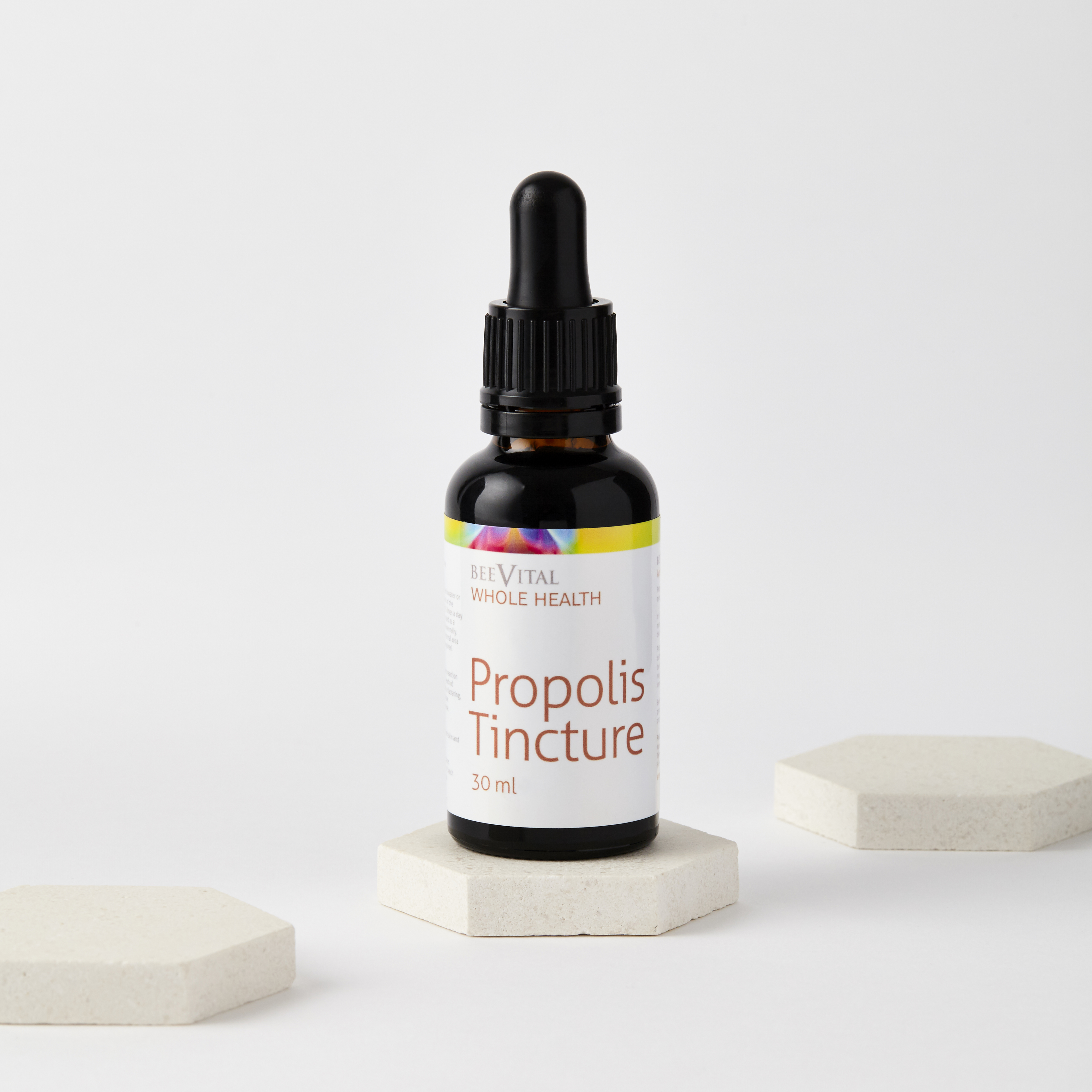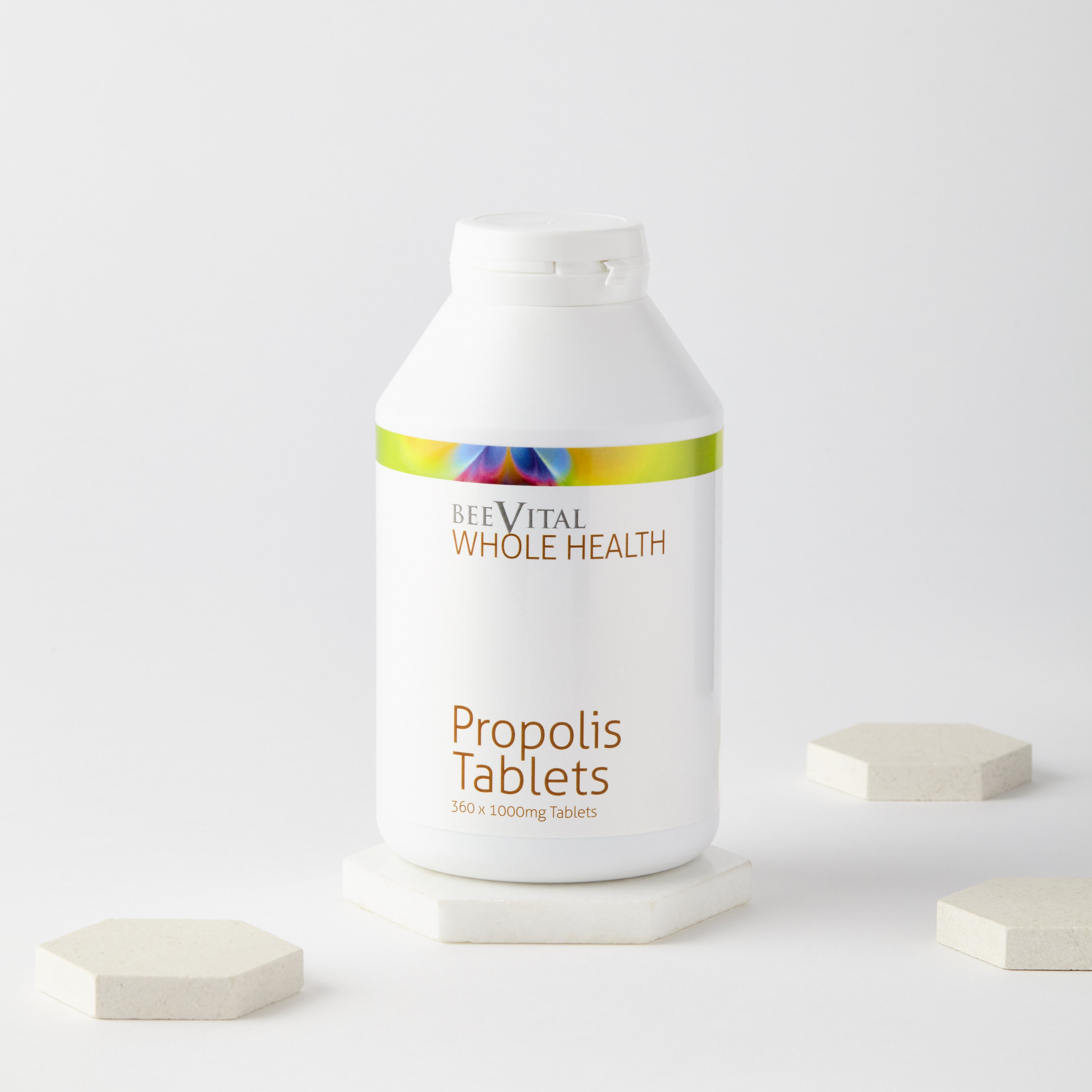Propolis: The answer to antibiotic resistance?
Propolis has been shown to increase the susceptibility of resistant bacteria to antibiotics which have become ineffective
The UK Health Security Agency (UKHSA) have recently published data which shows a reduction in antibiotic-resistant bloodstream infections. But they warn that this drop is likely to be temporary, the result of reduced social mixing and enhanced hand hygiene due to the COVID pandemic. A company in Yorkshire think they’ve identified a solution to the problem of antibiotic resistance. Research conducted in conjunction with Leeds Beckett University demonstrates that propolis, a natural substance produced by honey bees, has been shown to increase the susceptibility of resistant bacteria to drugs which have become ineffective.
UKHSA have suggested that as we head to winter, cold symptoms will be on the increase and may be more prevalent than in recent years. Antibiotics should not be used to treat these symptoms. Overuse or misuse of these antibiotics leads to accelerated antibiotic resistance. Antibiotic resistance occurs when bacteria no longer respond to treatment. This can lead to very serious complications and hospitalisation. For the last several years the trend in antibiotic resistance has been consistently upward. This is because taking antibiotics encourages harmful bacteria to become resistant. Consequently, it has been reported as one of the most severe threats to public health by the World Health Organization.
What can be done to boost immunity and prevent antibiotic resistance? Nature’s Laboratory, based in Whitby, think the answer is to be found in propolis. Propolis is a sticky substance created by honey bees from tree and plant resins combined with wax. The bees use it to keep the hive free from infection – it’s a kind of external immune system. Propolis has been used as a medicine by humans for thousands of years. Its antimicrobial activity against different bacteria, yeasts, viruses, and parasites is well documented and interest around its healing properties is growing around the globe.
Nature’s Laboratory have been at the forefront of research into propolis for the last 30 years. Now, in conjunction with Leeds Beckett University, they have been able to demonstrate that using propolis in conjunction with antibiotics is able to tackle the problem of antibiotic resistance. The evidence suggests that taking propolis and antibiotics together significantly increases the susceptibility of resistant bacteria to antibiotics which have become ineffective.
James Fearnley, CEO of Nature’s Laboratory and propolis expert, said:
“This research is tremendously exciting. We’re hopeful that very soon we’ll have irrefutable evidence which demonstrates the power of propolis to heal, both in conjunction with pharmaceutical drugs as a stand-alone remedy. Propolis has remarkable immune-boosting, antimicrobial and antibacterial properties – I’m delighted that we now have the evidence to show this.”
Companies like Nature’s Laboratory are working on innovative solutions to complex healthcare issues. As the wintry weather arrives, it’s vital that consumers make informed decisions about their own healthcare. Taking antibiotics can lead to resistant bacteria, resulting in dangerous complications. Propolis is a natural medicine which supports the body’s natural immune system, strengthening your ability to fight bacterial and viral infection.
For more information about propolis, please visit www.beevitalpropolis.com.
James Fearnley, the founder and CEO of Natures Laboratory Ltd has been researching the use of medicinal use of propolis for over 30 years. He has contributed to 30+ peer review research articles about propolis and has written two books:
- Propolis: Natural Healing from the Hive
- Propolis and Oral Health (with leading dentist Philip Wander)
He founded the Apiceutical Research Centre 11 years ago which stimulated the first international conferences on Propolis in Human and Bee Health at University of Strathclyde in 2016.
He founded the International Propolis Research Group in 2016 now at 150 strong community of academics researching propolis worldwide. In May this year the IPRG hosted an international conference “Propolis: Medicine for our Time?” which attracted over 400 attendees listening to 38 presentations about the multiple use of propolis including clinical research into the use of propolis in treating COVID and Upper Respiratory Tract Infection. Fearnley has conducted research showing that propolis is effective against MRSA.
Press release distributed by Pressat on behalf of Nature's Laboratory Ltd, on Tuesday 23 November, 2021. For more information subscribe and follow https://pressat.co.uk/
Propolis Natural Medicine Antibiotic Resistance Antibiotics Health Healthcare Medicine Drugs Coronavirus (COVID-19) Environment & Nature Health Medical & Pharmaceutical
Published By

01947602346
jack@natureslaboratory.co.uk
https://natureslaboratory.co.uk
James Fearnley - james.fearnley@natureslaboratory.co.uk
Visit Newsroom
You just read:
Propolis: The answer to antibiotic resistance?
News from this source:


